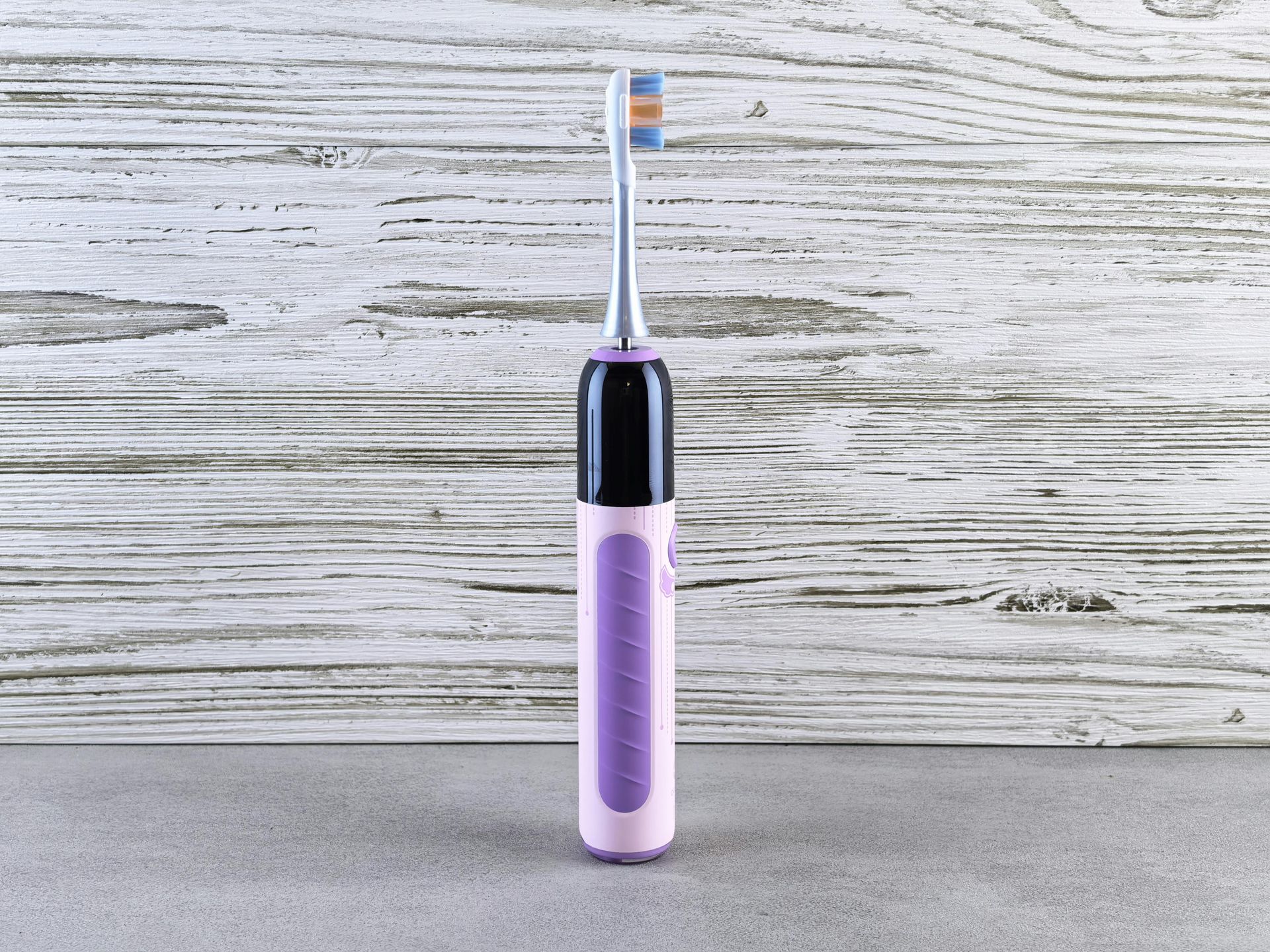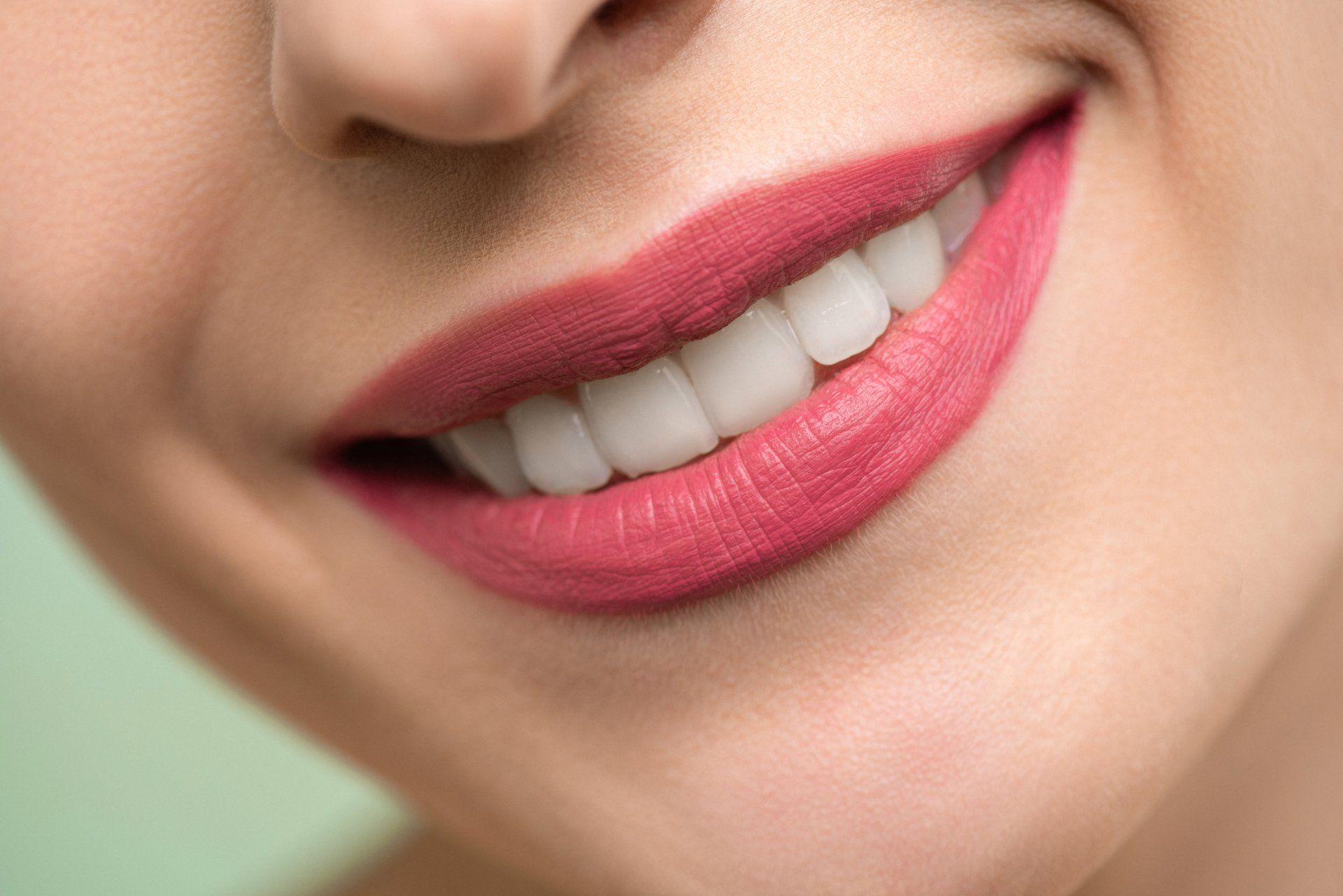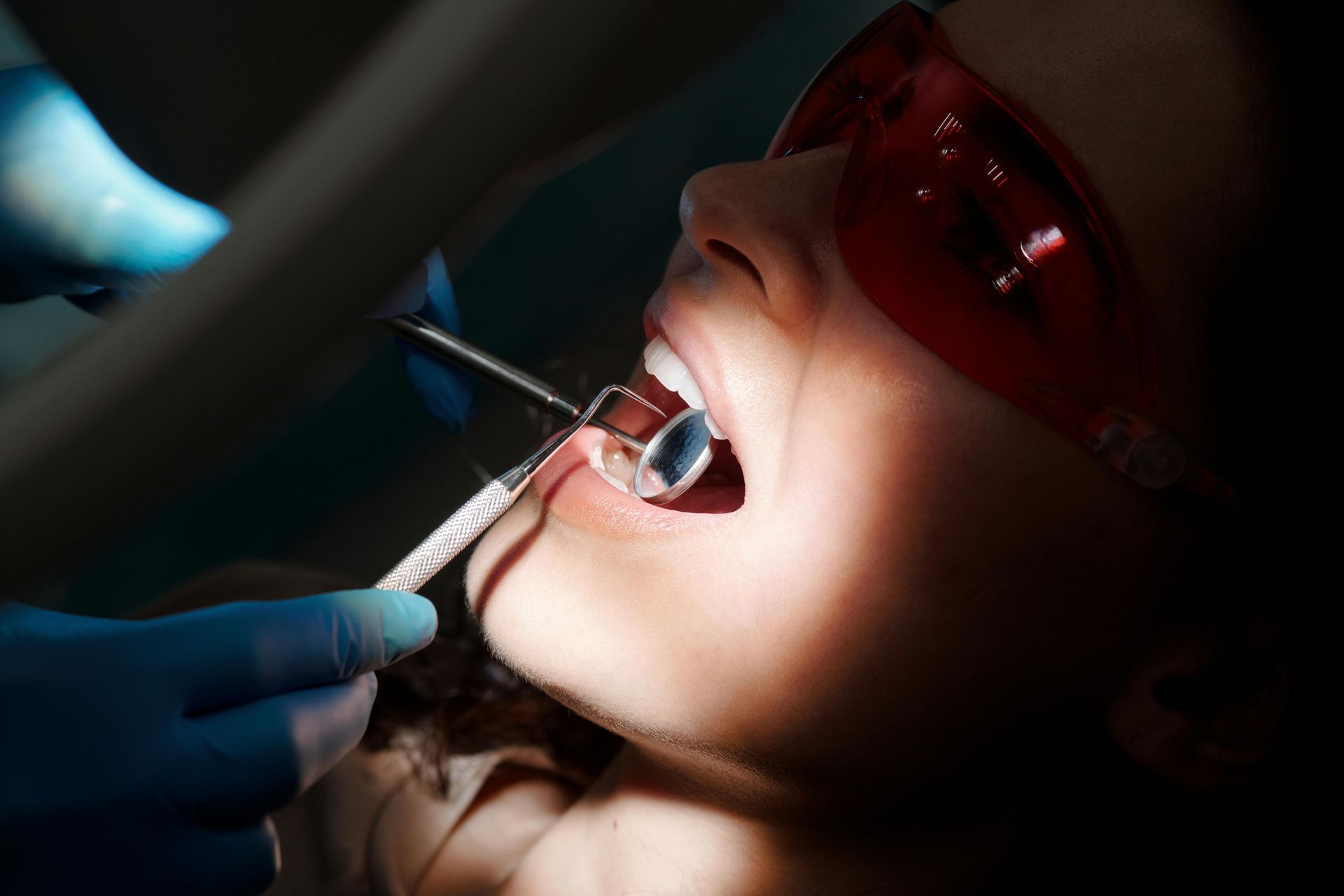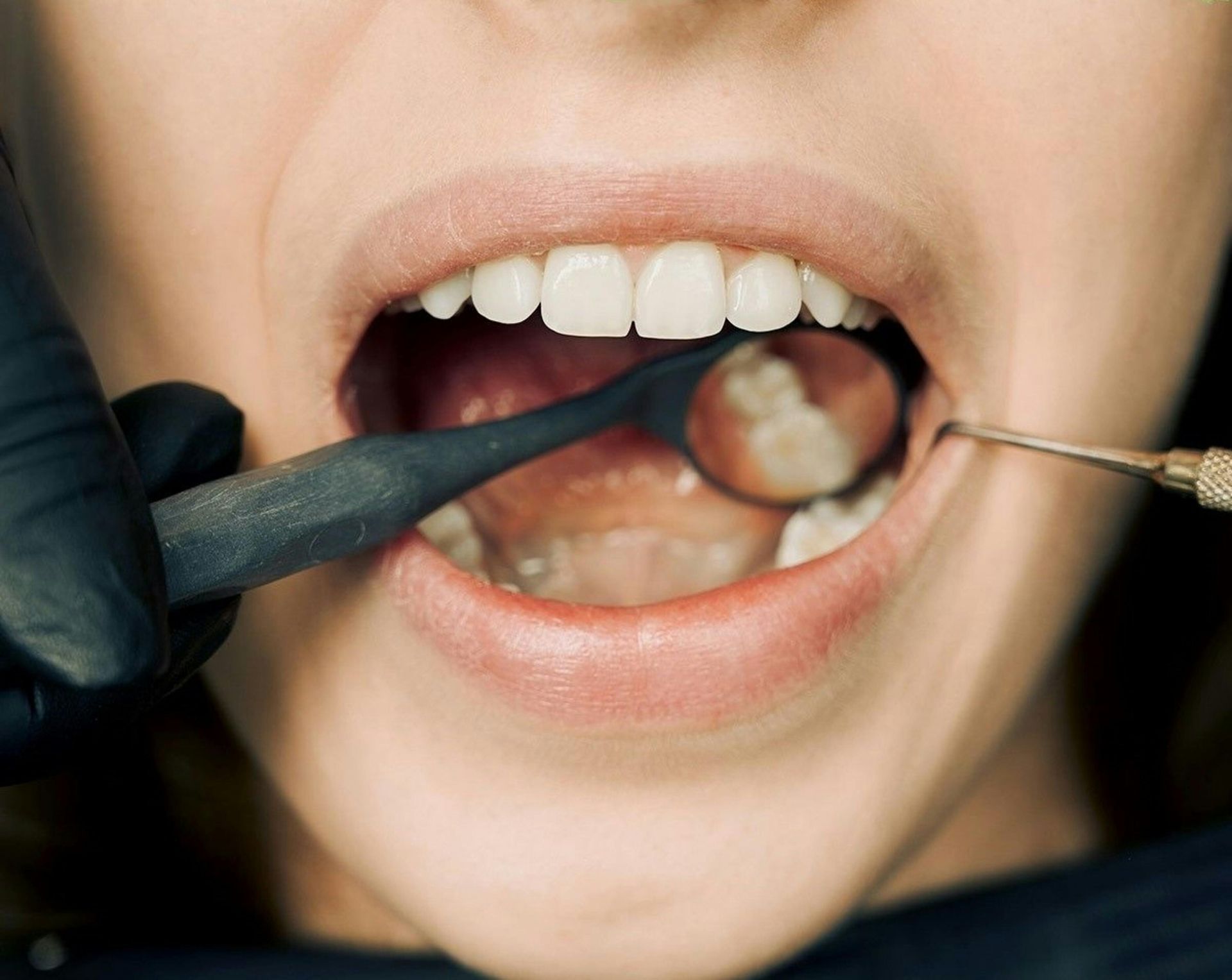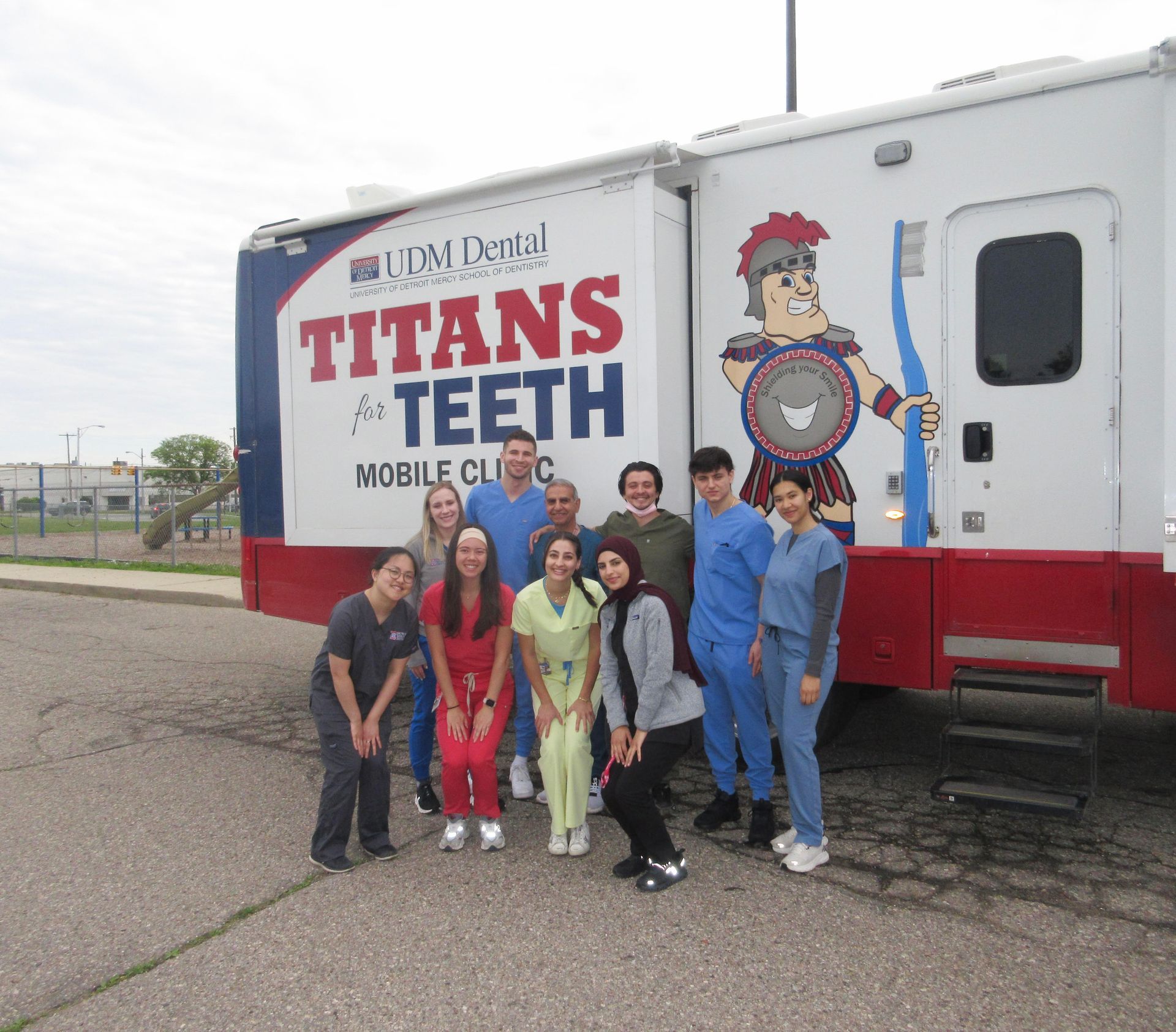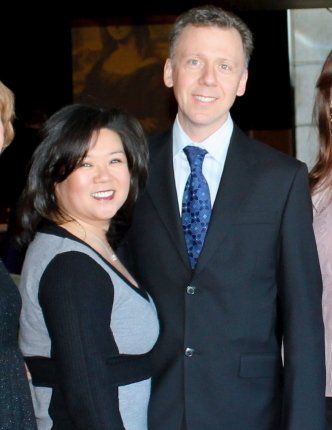
Dentists Bill Huszti and Anna Chong-Huszti place a patient comfort a top priority at their Milford family practice.
Dentists Bill Huszti and Anna Chong-Huszti place a patient comfort a top priority at their Milford family practice. / Hal Gould Staff Photographer
When the editor of the Milford Times called and asked to feature Huszti Dental care in it's business section we were happy to participate. The following interview as it appears in the Milford Times:
Q: Tell us about your business and what you do.
A: We pride ourselves on providing dental care with leading-edge technology and a personal touch. Because regular check-ups are such an important part of maintaining a healthy smile we're able to stay in close touch with our patients and community. Living, working and raising children in the Huron Valley has had a large impact on our personal and professional life.
Q: What are some of the products and/or types of services you offer?
A: Family dentistry and cosmetic services have always been a big part of our practice. For the last several years we've noticed a growing demand for dental implants and “invisible” orthodontic treatments too. A big part of the dental services we provide involve the use of high-tech instrumentation.
Every day we reach for our computerized anesthetic to keep our patients comfortable, a remarkably different experience than the traditional syringe. Digital x-rays are another favorite. Striking images are produced while using 80 percent less radiation than conventional x-rays. Digital X-rays have had a significant impact on our prevention plans by helping us identify potential problems early. Early identification and early intervention make treatment both easier and less expensive.
Q: What is your background in this area?
A: Anna and I both knew we wanted to enter the health care field since we were kids. I was born and raised in Michigan and graduated from the University of Michigan with a Bachelors of Science degree in microbiology and a Bachelors of Arts degree in psychology. When I entered the University of Detroit Dental School I found myself studying with smartest student in the class for the next 4 years. A week after graduation I married her.
Anna called Toronto, Canada, home before dental school. She was her high school valedictorian and received an academic scholarship to the University of Toronto (Trinity College). At The University of Detroit Dental School she graduated in the top of her class earning a membership into the Omicron Kappa Epsilon national dental honor society. Following dental school she received advanced training through a hospital residency program with the University Of Michigan & Veterans Administration hospitals in Ann Arbor, Michigan.
Q: Why did you choose the Huron Valley area?
A: When we graduated from dental school we were newlyweds and visited many communities to find a place to settle down. In the end it was the people, schools and world-class parks that made us want to a part of the Huron Valley. We look back after 20 years and couldn't be more pleased. There's no place we'd rather work or raise our family.
Q: What makes your business unique?
A: The average person finds health care and dentistry in particular a bit intimidating. We hoped to change that. Ten years ago we built the “Huszti Building” and a clinic designed specifically for patient comfort. The building site was chosen for its relaxing views of water, meadows and woods. In all, nine acres were preserved to feature open-space views which can be seen from each treatment room. We turned to a specialty architectural firm with award-winning credentials to finish our clinic.
We call it “comfort by design” and it's all about the details: blending aesthetics and environmental psychology to optimize the patient experience. Recently we were honored to host filming crews when our clinic was featured in a statewide television campaign. It makes us feel good to offer something special to our patients every day.
Q: What do you hope customers remember about the business after their first visit?
A: We hope people feel special and feel great about their dental care experience. After our patients first visit they receive an email survey to let us know how we did. We share the results at team meetings and display them on our website, too. In a business that provides a product, you can apply objective standards for quality. In a service business like dentistry our patients; experience is very subjective and is the only thing that matters.
Of course we've had a lot of fun celebrating the good reviews too. Health care providers are special people and it's important to take time out to recognize the team that works so hard to make it happen.
Q: Any funny or interesting stories?
A: Shortly after the ribbon cutting of our new building it was our turn to find a keynote speaker for the Milford Rotary Club luncheon. We were fans of a wonderful photographer who had published a popular coffee table book on the nature of Kensington Metropark, and he agreed to give a presentation. The meeting was very well attended with the usual list of business people and local dignitaries.
Our staff was proud to show off our new clinic and led groups throughout the practice. The tours were uneventful until Kim led a group to the patient bathroom, an unlocked door and the keynote speaker in a rather compromising position. Like a true professional he went on to give a great presentation and received a standing ovation.
Q: What's in store for the future of your business?
A: Lately we've been expanding our hours to accommodate our patients' busy schedules. To maintain a high level of service we anticipate additional staff will be required in the near future. Our patients love the benefits of high-tech for their dental health. We also feel strongly about this so we'll continue with our annual investments in technology.
In the next month we're installing new flat-screened monitors for patient viewing and upgrading our intraoral cameras. They asked us to reach out more with social media so we've been more active on Facebook and our blog, too. Community involvement has always been important to us. In recent months we've promoted “National Children's Dental Health month”, held a “pink out” for Breast Cancer Awareness Day and led kids in warm ups at Johnson Elementary's “fun run.”
Huszti Dental Care has been a proud sponsor of the Kensington Challenge race for years. Last September “Team Huszti Dental” turned out in force to participate and help raise funds for local youth fitness. We're looking forward to the New Year and always excited to see what the future brings.

